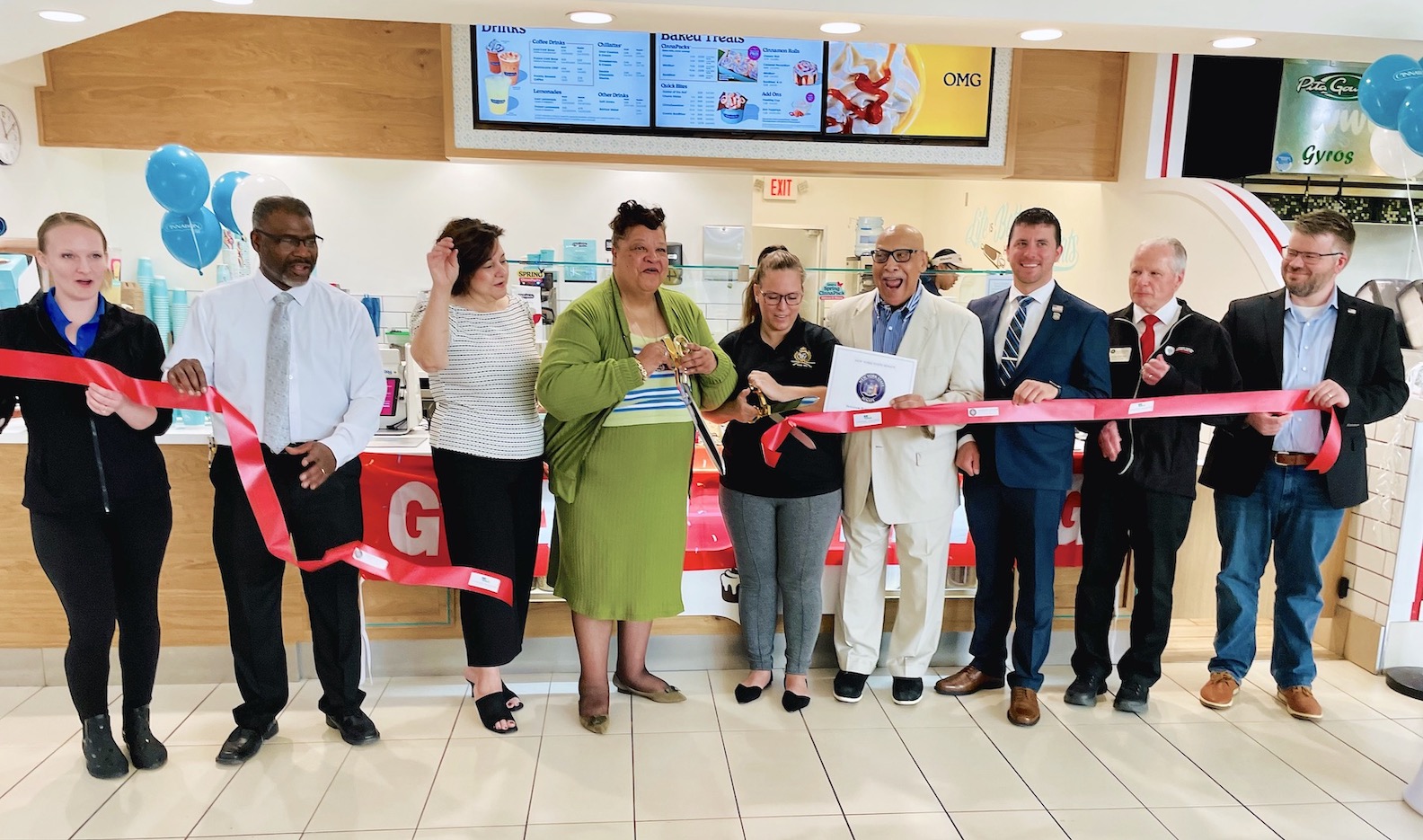Featured News - Current News - Archived News - News Categories
Says supply chain challenges impacting thousands of cancer patients & providers across country
Congressman Brian Higgins, co-chair of the House Cancer Caucus, participated in a briefing for members and congressional staff.
A press release stated, “Led by the Society of Gynecologic Oncology (SGO), the briefing focused on cancer drug supply chain shortages and the impact it is having on patients and providers across the United States.”
During opening remarks, Higgins said, “I must tell you, I am shocked that there could be such a pervasive shortage of life-saving chemotherapy drugs. I understand that the root causes are an overreliance on foreign manufacturing and a brittle supply chain. These are older generic injectable drugs. The United States spends so much money on drug development that what we are experiencing is inexcusable. We need to take decisive action.
“People who could otherwise be cured are not getting the lifesaving treatments that they deserve, that are so essential to their survival. This is an emergency situation. My understanding is that there are over 280 drugs for various ailments that are in short supply, and chemotherapy is one of them many of those. The people that are being affected by this demands a congressional and administrative response that addresses this problem not only in the short term but in the long term, as well.”
The press release stated, “Since early 2023, several chemotherapy drugs, including cisplatin and carboplatin, have been in severely short supply. These drugs are used to treat a number of cancers including lung, breast, head and neck, but especially ovarian, endometrial and cervical cancers. Many clinics across the country, including Roswell Park, only have a one-to-two-week supply of these drugs, forcing doctors and pharmacists to triage patients who can and cannot be treated. In some cases, they have been forced to alter treatment plans and resort to alternative drugs, which can significantly impact patient outcomes.
“The majority of the drugs in short supply are generic and manufactured outside of the United States.”
Higgins signed a bipartisan letter, along with Reps Ami Bera, Brian Fitzpatrick, Derek Kilmer, Mike Kelly and 70 additional members, sent to the U.S. Department of Health and Human Services Secretary Xavier Becerra and U.S. Food and Drug Administration Commissioner Robert Califf expressing concern about the impact that shortages are having on cancer treatment in the U.S. and urging federal agencies to work with Congress to address supply chain challenges.”
In the letter, members wrote, “Patients, physicians, and pharmacists are often the last to know when an essential drug will no longer be available, yet, are affected by these shortages the most. We strive to ensure patients, physicians, and pharmacists never have to experience shortages of essential medications, but when shortages do occur it is vital that these individuals are made aware as quickly as possible so that they can better prepare. We appreciate the actions FDA has already taken to address the ongoing cancer drug shortage and encourage you to take all appropriate steps to protect this vulnerable population. We stand ready to assist you in any way possible.”
WATCH:
The press release stated, “The FDA has offered to advise and assist the major manufacturers of these drugs and to expedite inspections and reviews. Manufacturers are required to notify the FDA of supply disruptions, delays and discontinuations in manufacturing, as well as changes to process, equipment or facility. However, the agency does not have the authority to require manufacturers or distributors to report things like increased demand, quantities distributed, or if specific purchasers are given priority. It cannot require a company to manufacture a drug or to step-up production, nor do they have the authority to demand that essential drugs have diversified supply chains.
“In the past two years, the FDA has helped prevent more than 500 shortages due to early notification and intervention. Similar shortages occurred last year in an essential pediatric cancer drug, and several other drugs during the pandemic due to supply chain issues and shutdowns. The agency monitors and collects data on current and potential drug shortages by requiring producers to report on the number of drugs manufactured for commercial distribution, but many of them are not in compliance with these guidelines.”





























